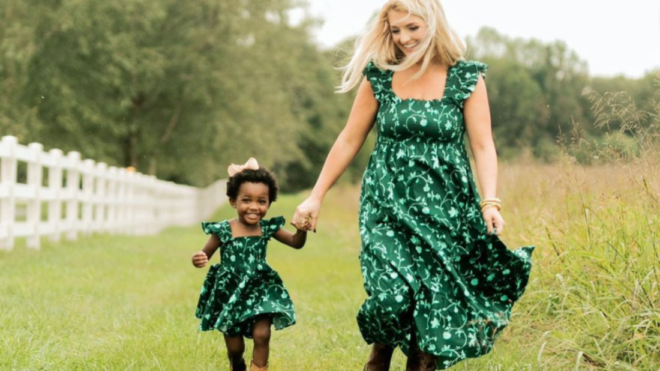
Adding another child to your family is a big decision, no matter how you choose to do it, but the decision to adopt can definitely be a complicated one. Just feeling ready to be a parent and open up your home to a child who needs one isn't enough — there are home studies, agencies, lawyers, tons of paperwork … the list goes on and on. And of course, there are the other things you need to think about, like the age of the child you're hoping to adopt, whether you're open to foster care, if you're interested in an international adoption — it's endless.
But if you're finding yourself in the beginning of your adoption journey, before you go any further, there are certain things you should consider first. We probably don't need to tell you that choosing to adopt a child, no matter how old they are (or how much experience you have being a parent) will likely end up being the biggest decision you'll ever make, and it's not something you should take lightly.
Ready to take the plunge? Here are 15 things you should consider first.
Make Sure Both Partners Are on the Same Page

If you're adopting with your partner, of course it's important to make sure you're on the same page with them on something so important. Make sure you're both ready and prepared for what can often be a long, emotional, and stressful journey — and that you are both in agreement about what you hope adoption will look like for your relationship and your family.
If this will be your first child, this is a good time to have those hard conversations about where you stand on different parenting decisions, and how you plan to share kid duties.
Figure Out a Budget

Not only is raising a child expensive, but the actual costs of adoption can be high, too. Before starting the process, make sure that this is something you can afford. How much adoption will cost will depend on the type of adoption you choose, as well as where you live. Fostering to adopt is a more affordable option, and according to Adopt Us Kids, working with an agency could cost up to $40,000 when all is said and done.
The Age of the Child

What age are you willing to adopt? You might have a specific stage of a child's life in mind — like a newborn, or a child old enough to be in school — or maybe there's a range of ages you're considering. Or maybe you're open to adopting a child of any age. Whatever your preference, it's important to figure that out early on.
Willingness to Travel

If long flights and extended periods of time away from home don't work for you, then it might not be a good idea to jump into the world of international adoption — but if they do, that choice might be the right one for you. Some adoptions might require you to travel out of the country for at least 10 days, as outlined in this chart from one adoption agency, and possibly more than once.
What Is the Motive to Adopt?
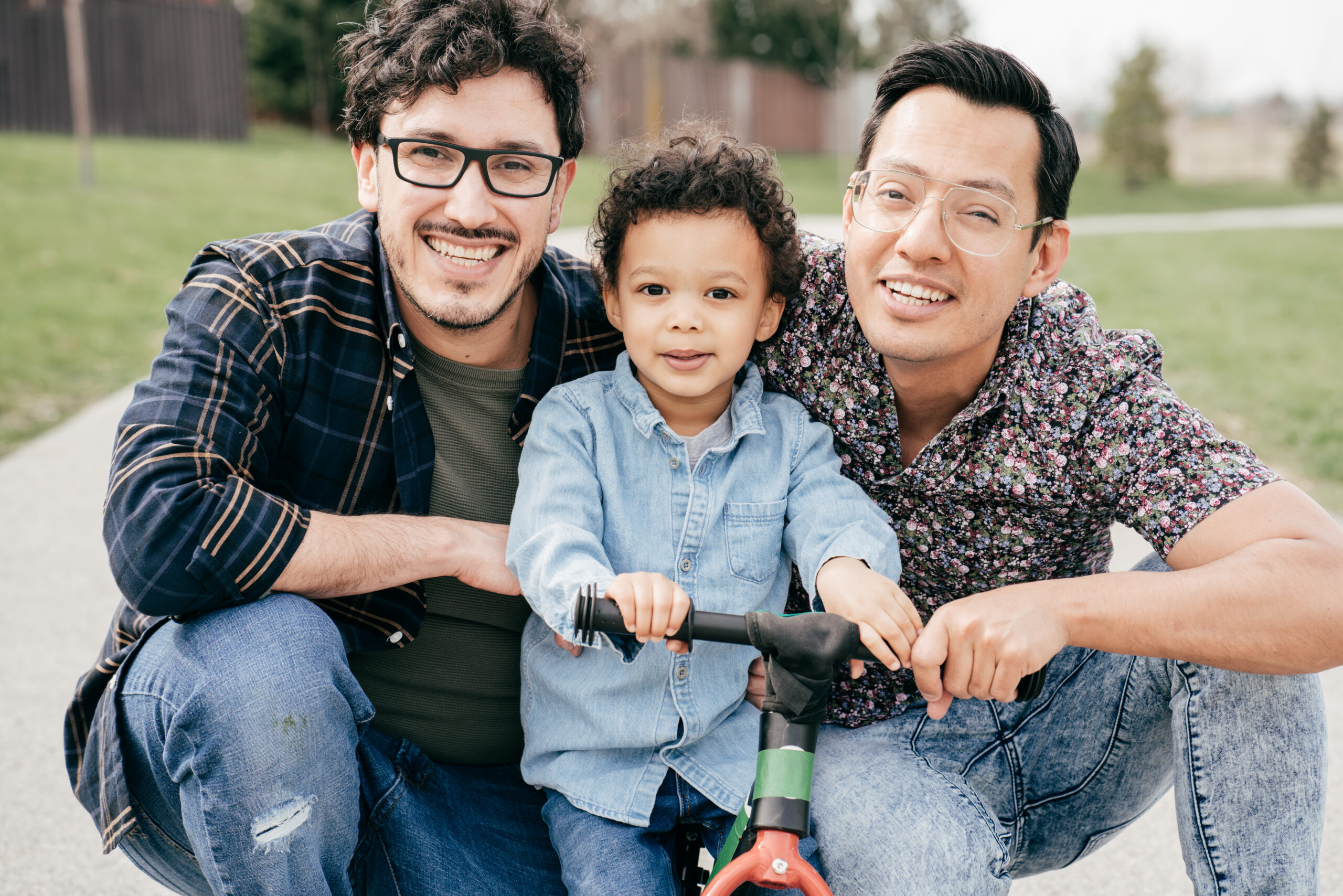
Remember: Adoption is more about the child than it is about you. If you're trying to fill an empty space in your family or in your relationship, your decision-making process might get a little cloudy. Remember that the child you're adopting will likely come with a lot of needs, and you should be prepared for those to come first.
Other Children in the Family

Adoption can be a beautiful way to welcome another child into your family, but if this isn't your only child, it's important to consider the ones who are already in your house. How will they respond to a new sibling? Are they prepared for what can often be a difficult adjustment? Do they have any special needs to keep in mind?
The Birth Mother
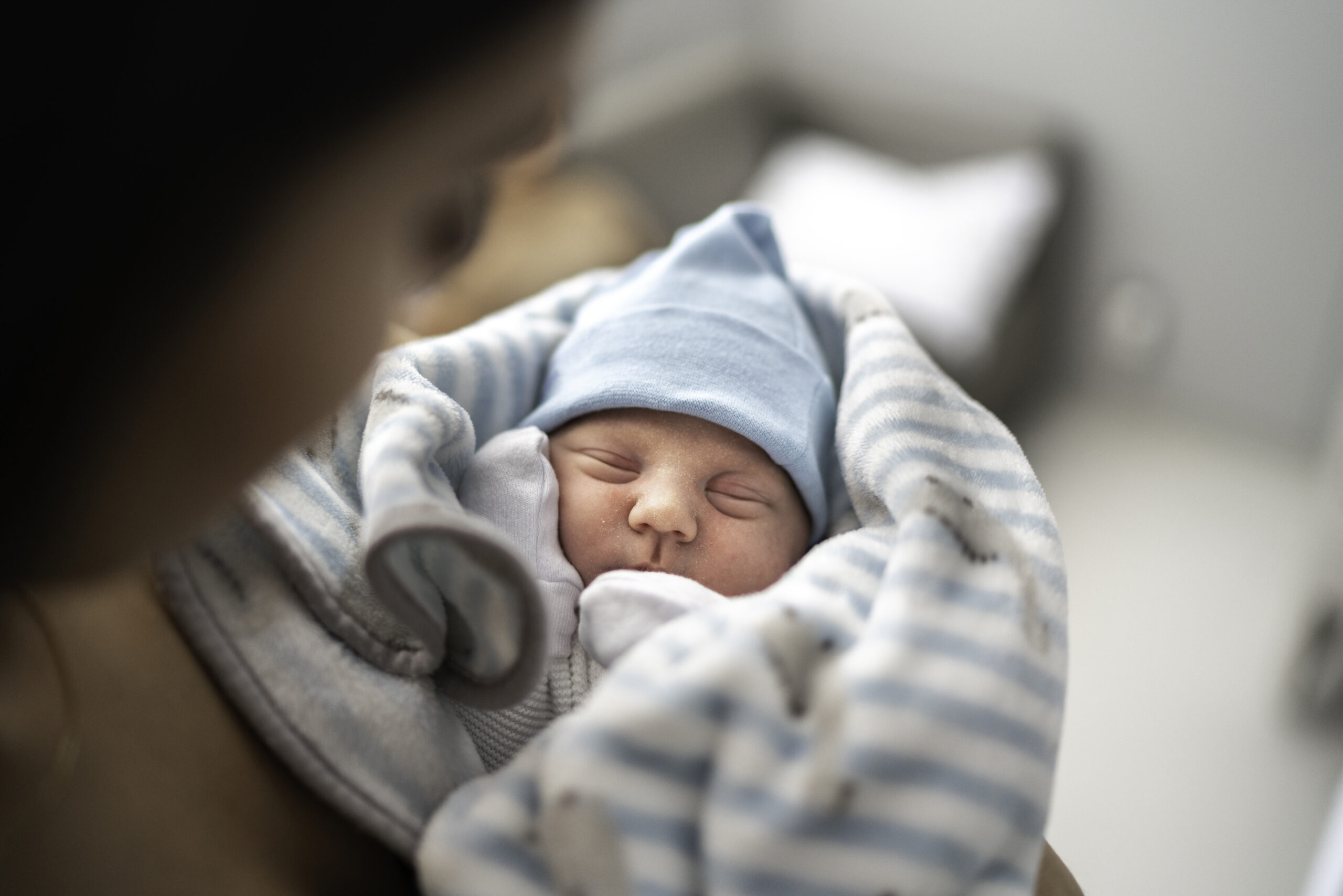
If you're adopting a newborn, it's important to be sensitive to your child's birth mother. While she may have chosen to place her child for adoption, it's usually not an easy decision. Are you willing to agree to an open adoption, or would you prefer a closed adoption?
Choose an Adoption Type
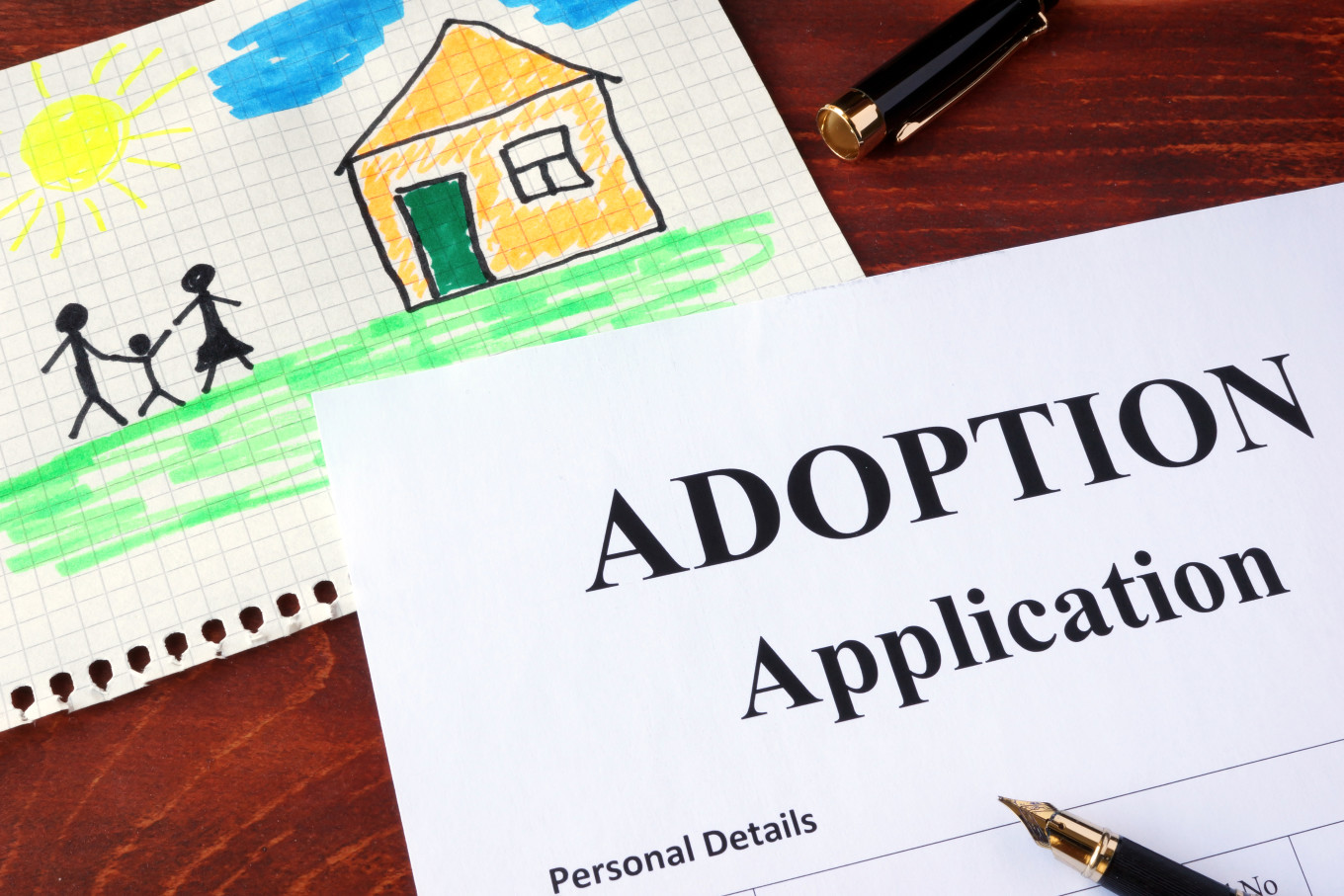
Just about every aspect of adoption can sound complicated if you're new to the process, but at first, it's good to decide what type of adoption is best for your family. Some involve lawyers, while others involve agencies, and of course, the process and the costs involved are different with each one.
The Support System

Like we've mentioned (more than once), adoption can be a long, challenging journey, so you'll want to make sure you have a support system on deck — someone other than your partner and other children. Are there people in your corner, whether they're extended family or friends, who are willing to offer you support and who are planning to welcome the new addition to your family with open arms?
The Race Factor

If you're planning to adopt a child who is a different race from you, it's important to be prepared for the challenges that might bring. As American Adoptions suggests, it's important to find role models of their race, and to find ways to incorporate their heritage into your family's traditions. You also need to prepare to be their advocate, and to be willing to confront racism head on.
Get Comfortable Talking About Adoption
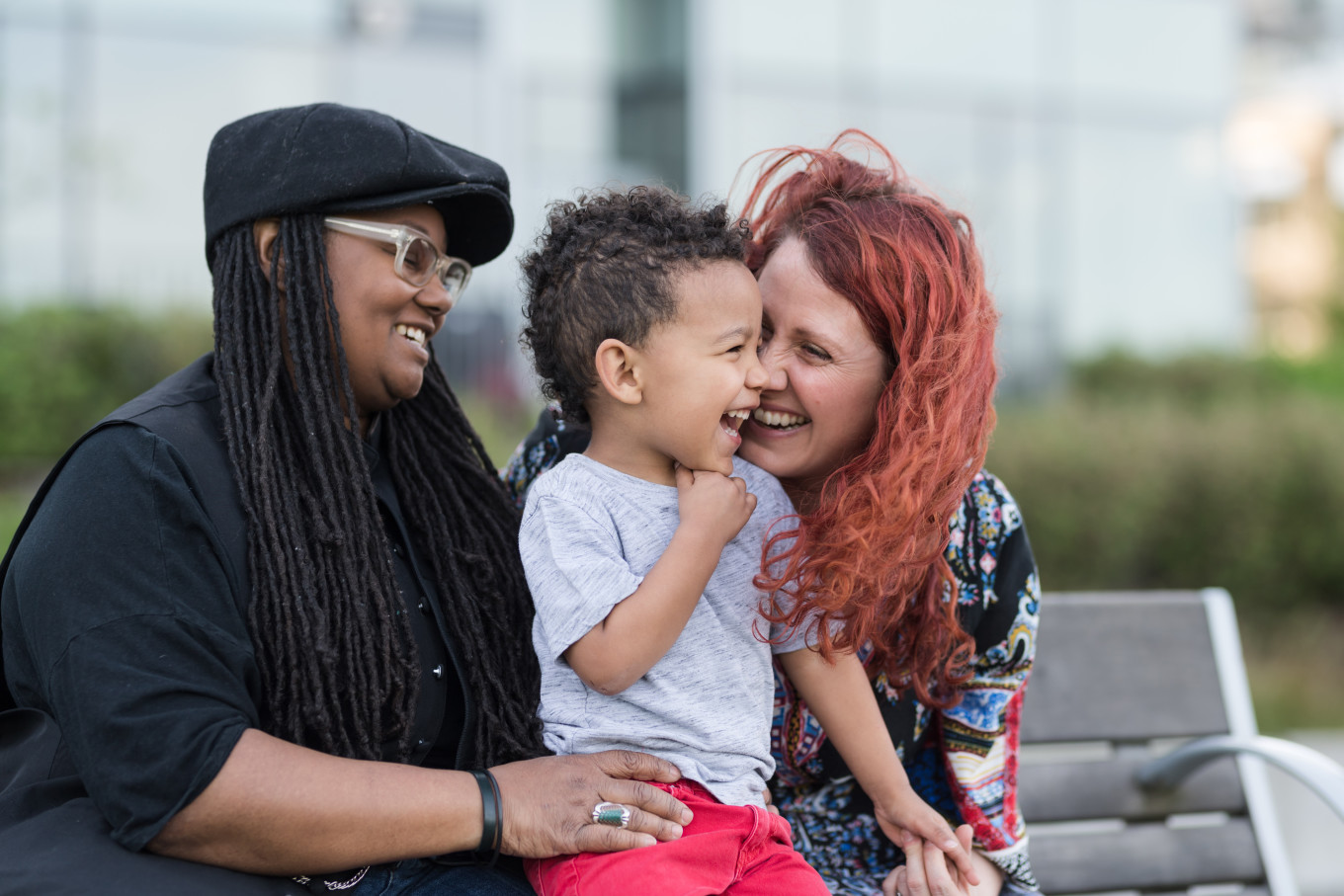
Even if you adopt a newborn, at some point, you're going to have to have some hard conversations about adoption with your child. Are you prepared for those conversations? There are a lot of resources out there that can help you with this, and the American Academy of Pediatrics recommends that you are open about adoption from the beginning, using the correct terms to describe the child's journey to your family.
Counseling

Adoption can be a difficult journey, and it requires a lot of strength and patience. You might decide that counseling would be a good addition to your support system during this time — whether it's pre-adoption counseling, or finding a therapist to speak to regularly who you trust.
Career Compatibility
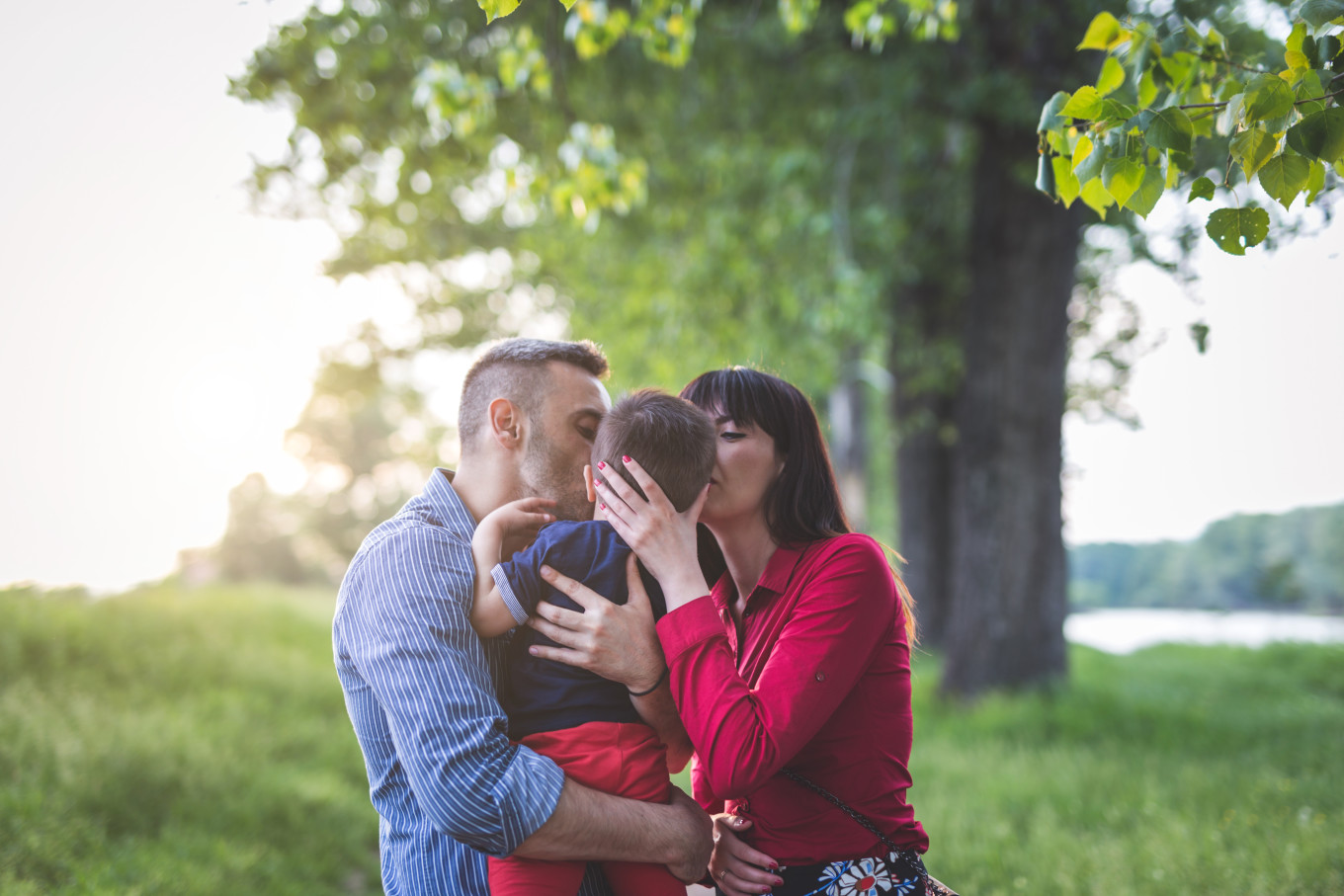
The career you have before adopting is actually an important consideration. Not only will your income be a factor as you're evaluated, but you also want to think about whether or not your current career will allow you the time to dedicate to caring for a child, and helping a child adjust to a new environment. Will you be able to take a leave of absence after the adoption?
Making Space at Home
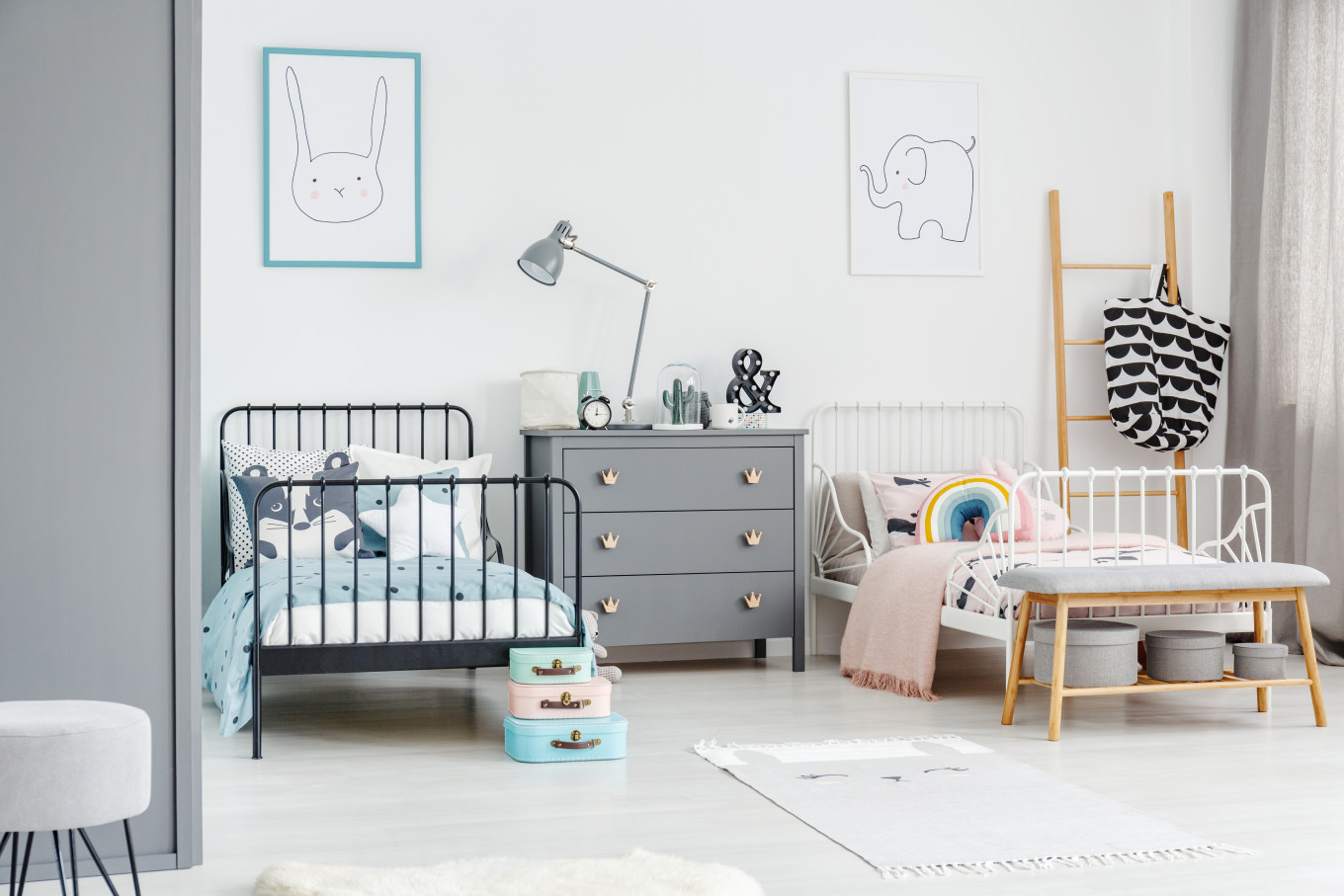
Bringing another kid into your home means the child will need somewhere to live within it — and it's often a good idea to give them their own space that they can claim as their own. Do you have the right space in your current home to add another family member to the mix, or is time to consider finding a new place?
Don't Expect Perfection
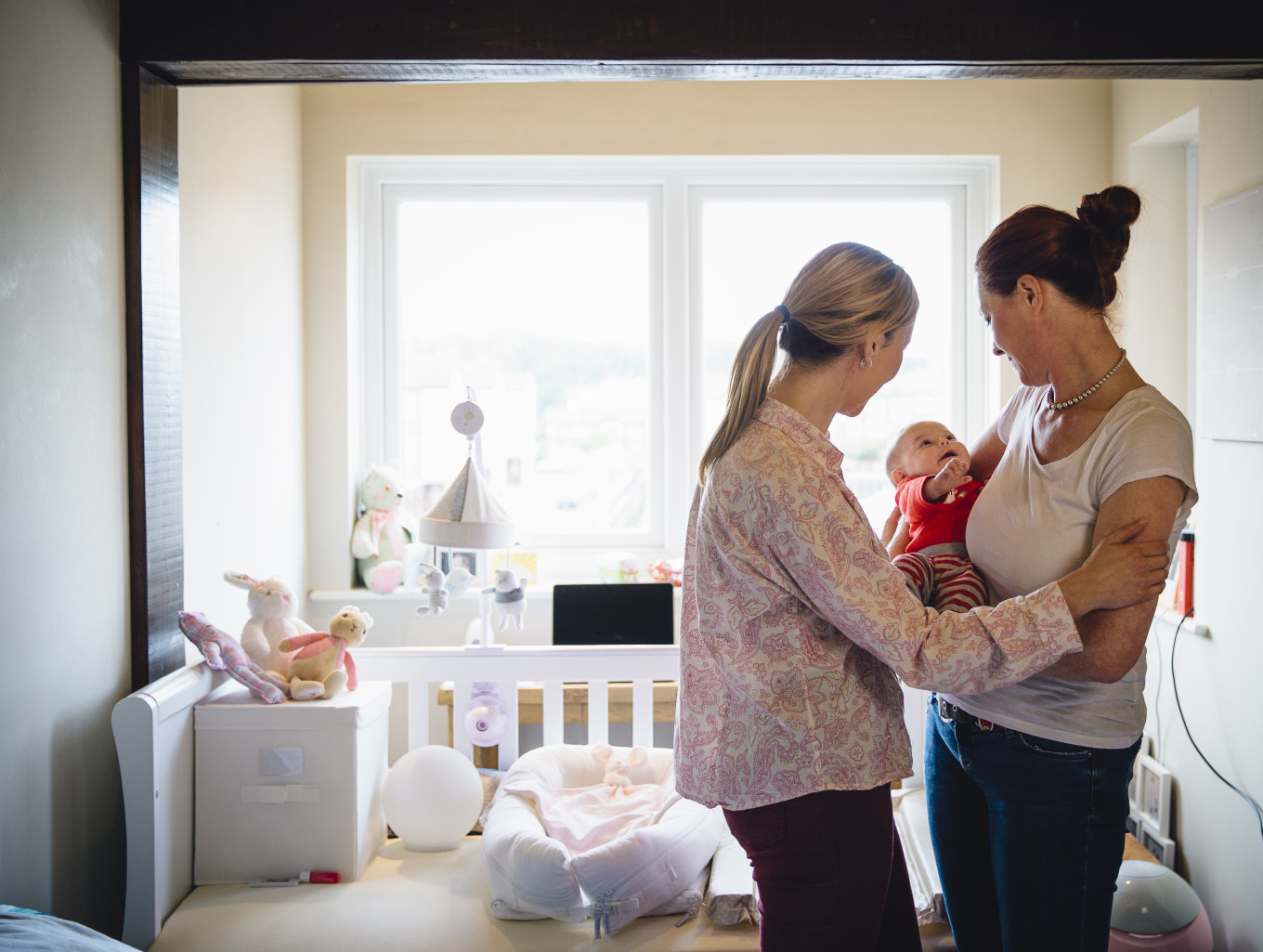
It's important to know that even once your adoption is complete, your new family unit probably won't be perfect — there's no such thing! There will be an adjustment period, and it'll require a lot of patience, understanding, and communication, especially if you adopted an older child. It might not be easy, but it will be worth it.


